|
Happy Valentines Day Every one! With Valentine's day dropped square into the middle of it, February is unofficially Passion month. In honor of Passion month I thought I would share 3 ways More Passion can change your life for the better (and no this is not the ploy of a husband trying to get more hanky panky from his wife. Of course we always think of Passion as Romantic Love. But This is 3 distinct and useful ways of looking at Passion that will each make you more successful be it in your personal, professional, or love life. The 3 ways of looking at Passion are... Passion as the secret ingredient Passion as Suffering (no for real, it helps) Passion as Raw Emotion And in honor of Valentine's Day, I endeavor to explain all 3 using examples from my own Valentine's favorite things (Baby girl, you know who you are). So today we will be looking at... Passion as Raw Emotion
My Valentine used to be a big fan of the Show Stargate SG1. If you are unfamiliar with the show the basic premise is the US Air Force uses top secret Ancient wormholes to explore the Galaxy. In these explorations they find 2 naturally occurring elements Naquadah and vs Naquadria. Naquadah is a stable mineral that is very strong, nearly indestructible. However it does have some explosive chemical properties that can be used to create energy. But generally it is stable. Naquadria on the other hand is a radioactive isotope and very unstable. It has far more potential for generating energy, but has to be handled with care. I bring up these elements because they remind me of our human capacity for raw emotion. Like Naquadah, being the "Strong Silent type" has its advantages. It produces stability , predictability, and limits the potential of harm due to an over reaction. Being a passionate emotional person is much like Naquadria, it can make one volatile and unpredictable but also enhances their power and capacity to do things beyond their typical bounds. In a recent post at idealistcareer.org, Maggie Graham argues that Raw Emotion, both positive and negative, can be used as fuel or motivation. She speaks of "the magic spot where passion and purpose intersect can offer you motivation and energy to propel you forward, so revel in it and find ways to express that passion." You can find the article here at https://idealistcareers.org/emotional-career-choice/ Graham is a career counselor so the focus of her article is on finding passion to propel your career forward. But the same principle of passion as Raw Emotion is applicable to your personal or love life. People have emotions for a reason. Our emotions are attempting to tell us something. They are useful information. However, it's not always in our best interest to follow what our emotions tell us. For example we all can recall moments of anger or frustration when we feel compelled to hurl insults at others or have the impulse to take violent action. But displaying emotions is not the same as giving up our self control. Often an equally damaging choice is to deny our emotions and pretend, both to the world and to ourselves, that we don't feel the way we do, that nothing is wrong, that nothing is bothering us. Such a course of action not only is an act of emotional suppression, but also robs us of the motivation and fuel of Raw Emotion as described by Graham. Passion is the raw expression of emotion. It is wearing your heart on your sleeve. It is being genuine and congruent. It is being vulnerable and honest. And so there you have it! The 3 Ways More Passion can Change your life for the better. Passion as the secret ingredient, meaning pour yourself into what you do to do it as no one else can. Passion as Suffering, meaning recognize what you are willing to suffer for as you can then find meaning I that suffering. Passion as Raw Emotion, meaning emotions are powerful sources of fuel and motivation if they can be embraced as such and used approprisately
0 Comments
With Valentine's day dropped square into the middle of it, February is unofficially Passion month. In honor of Passion month I thought I would share 3 ways More Passion can change your life for the better (and no this is not the ploy of a husband trying to get more hanky panky from his wife. Of course we always think of Passion as Romantic Love. But This is 3 distinct and useful ways of looking at Passion that will each make you more successful be it in your personal, professional, or love life. The 3 ways of looking at Passion are... Passion as the secret ingredient Passion as Suffering (no for real, it helps) Passion as Raw Emotion And in honor of Valentine's Day, I endeavor to explain all 3 using examples from my own Valentine's favorite things (Baby girl, you know who you are). So today we will be looking at...  Passion as Suffering While Passion as the Secret Ingredient is kind of sexy and at a minimum evokes curiosity, Passion as Suffering at a minimum sounds unpleasant and is likely to make many want to click past to another page. So I welcome and appreciate you reading this far because Passion as Suffering may be the most dramatic and immediate way More Passion can change your life for the better. The inspiration for this way of looking at passion comes from this Huffington Post piece by Christine Hassler a few years ago. https://m.huffpost.com/us/entry/4414037 In it Hassler retraces the etymology of the word passion to its Latin roots and then back to the. famously known Passion of Jesus Christ. In this she encourages people to examine their hardships and painful experiences to find what they truly care about and for which they have conviction. She actually reframed those painful experiences as the preparation required for you to learn what you need to be who you were meant to be. I am going to take it a step further and suggest redefining Passion as "that which you are willing to suffer for." You know something is your Passion when you find yourself willing to sacrifice for it. Many a starving artist has said to be "Suffering for their art." This is passion. The countless stories of Olympic athletes who sacrificed social experience (I never got to be a normal kid, I had practice) or professional goals (I had to turn down a promotion so that I could focus on my training) to make their Olympic dreams a reality are examples of Passion. And of course romantically, every person that has ever "played hard to get" is seeking how much anguish their pursuer will endure on their account. Playing hard to get is a test of a person's passion. Now staying with my intention to provide examples based on my Valentine's favorite things is tricky here. Let's just say that "The Passion of the Christ" is not my Valentine's favorite movie. And revealing my Valentine's most painful experiences would sort of go against the spirit of why I wish to feature my Valentine prominently in this series. But I'm going to do it anyway, because doing so actually best illustrates the point of Passion as Suffering. While the revelation may cause my Valentine some discomfort on some level, her care, concern and commitment to the cause overcomes any pain or embarrassment this revelation may cause her. She is wiling to suffer for the sake of the thing she cares about. My valentine and I have struggled with infertility Issues. We are our blessed beyond words to have a son together. But for years before and for years after his miraculous birth we have struggled, and suffered with problems and complications that have prevented us from conceiving and carrying to term more children. The frustration and shame have been unbearable at times, to say nothing of the physical toll on my Valentine's body and the financial sacrifices our attempts have required. And yet my valentine has persisted in her role I've and commitment to have the family we have envisioned. What's more is my Valentine now champions the cause of infertility, determined in her own efforts to raise awareness, end stigma and promote proactive treatment for infertility issues. According to the American Pregnancy Association, as many as 1 in 6 couples has infertility issues. Many suffer alone and see their pain as something to hide or avoid, and move on from. But for my Valentine that pain has become something to embrace and transcend, although it continues to cause her suffering and disappointment daily. In doing so, my Valentine has discovered her Passion as Suffering. Well if you are still reading this far I am impressed. You deserve a holiday after reading through all that. Lucky for you tomorrow is Valentine's Day. So spend it with the ones you love. And be sure to watch for the final installment of 3 Ways more Passion can change your life, part three Passion as Raw Emotion. With Valentine's day dropped square into the middle of it, February is unofficially Passion month. In honor of Passion month I thought I would share 3 ways More Passion can change your life for the better (and no this is not the ploy of a husband trying to get more hanky panky from his wife). Of course we always think of Passion as Romantic Love. But this is 3 distinct and useful ways of looking at Passion that will each make you more successful be it in your personal, professional, or love life. The 3 ways of looking at Passion are...
And in honor of Valentine's Day, I endeavor to explain all 3 using examples from my own Valentine's favorite things (Baby girl, you know who you are). So today we will be looking at... Passion as the Secret Ingredient My valentine loves to cook and always prepares our family delicious meals. She often introduces me to new foods, flavors, and spices that I either never knew exist, or that I knew of but never thought could taste so good. Such as it is with Passion. Back in October, I wrote a post on Grit as it was Resilience month. Grit has been a popular buzz word in recent years, hailed by authors and speakers as a key to success and it has been championed by Seattle Seahawks head coach Pete Carrol as a trait he seeks in his players. Grit is defined as "Passion + Perseverance." This is the "Grit formula" or "recipe" if you will; G = P+P. 1 cup passion, 1 cup perseverance, Stir consistently until smooth, Bake in the fires of intense competition. In The Grit Recipe, Perseverance is the substance. Like in a cake, it's the flour. The flour is the essence of the cake, the thing it is made of. The thing that gives it shape, texture and consistency. It is what makes it "bakeable" if you pardon me making up words. But it's not what makes the cake delicious. Passion is the flavor, the spice, the caramel drizzle baked in and then added between layers of that cake. What separates one cake from another is the Passion. Another way to say this is perseverance is a requirement for success but it alone doesn't make you successful. Passion is what you need to add to perseverance to make success. Passion is the magic or the secret ingredient, but it doesn't work by its self. We know what perseverance means. It means continuous hard work, without giving up or quitting. It is consistency and diligence. When the going gets tough, the tough getting going. We know hard work is essential for success in life, work, and love. But hard work in and of its self doesn't yield success. In our cake recipe a cake of hard work might be described as perfectly baked, smooth rich texture, light, moist, and tastelessly bland. Passion is the flavor. It is what makes the perfectly baked cake delicious. So the obvious question here is what flavor is passion? It is your uniqueness, the things you care most about, your hopes and dreams. Passion is the Flavor of You. Hard work is essential, but it only produces success when it has your heart and soul mixed in it  Another example of passion as the secret ingredient comes come my Valentine's favoritshow, Doctor Who. If you are a dense American with an aversion to things brought "across the pond" by people wearing suits with too many buttons (like I am), you may be unaware of this BBC show and it's rather involved plot line. Suffice to say, the title character periodically changes human form and therefore every few years the actor portraying this character changes. At this point in time I believe they are on the 13th different actor playing the same character. This time it's a woman, where as the previous 12 were all men. The character as written has been the same for 50 years. They are simply "The Doctor." This is the perseverance in the this "Gritty television drama." It is the unique flavor of the respective actors (and now actress) that have made the show a world wide sensation. Each actor has brought their own passion to the character, as opposed to just adopting the character as written or as previously portrayed. Not only that but the influence of each previous actor on the subsequent portrayal creates a richness of character unmatched perhaps in I the history of TV and film (or so my valentine tells me). Simply put Passion as the the secret ingredient is putting your heart and soul into your present endeavor. When you do this you produce work that is unique and therefore unable to be matched. This is the quality that drives success. As you will see in the next two posts, the concept of pouring yourself into your work this Dovetails nicely with the other ways of looking at Passion.
Be sure to check back tomorrow for part 2: Passion and Suffering. And Part 3: Passion as Raw Emotion on Valentine's Day.  I want to write something about suicide. Tyler Hilinski's apparent suicide at Washington State University struck a nerve with me. As a Licensed Mental Health Counselor (LMHC) I deal with suicide on a regular basis. I see clients of various levels of suicidal ideation each day in my private practice. Some are recovering from a previous attempt and can't believe they ever go to that point. Some are actively battling suicidal thoughts but can't see a way out. Some were contemplating suicide but have improved dramatically in treatment. I also assess inmates on suicide watch at the county jail each week. In the last year I have had to go into multiple schools to offer counseling to the student body following the suicide of a fellow student. So I would have expected myself to have a more professional response to the news of Tyler Hilinski's being found dead in his apartment of a self inflicted gunshot wound with a suicide note. I went Washington State. I lived in Pullman. I was on that campus. I was part of that community. I want to tell them something that will make them feel better. Something that will empower them as individuals to stop future suicide. Something that will give hope to all of those struggling with suicidal thoughts of their own that are on that campus and in that community even as I write this. Something that will change the attitude and perspective of both those that didn't even think of suicide until they heard the news about Tyler, and those that sit and worry about things happening to people, students, athletes just like Tyler everyday. I have a lot I want to say. But I can't say it. I want to say that suicide is not a Mental Healh disease and it can't be solved by the Mental Health industry the way the CDC can contain an epidemic. Suicide is an individual's chosen course of action impacted by countless factors mental, social, and environmental. It requires personal not just systemic intervention. But that undermines my entire profession as a Licensed Mental Health Counselor as Mental Health resources are absolutely essential to stopping and preventing suicide. I want to say that government struggles to balance autonomy with public well-fair and suicide falls directly into that divide. But that could be interpreted as the government should stop funding Mental Health initiatives like suicide prevention, which clearly are necessary. I want to say that suicide is more like a stomach virus in that there is little that medicine can do for a patient. Being suicidal is not a condition that gets cured or even treated, it is just waited out, while you try to keep the patient as safe and comfortable as possible. It's usually a temporary state lasting a few hour to a few days. And that should be an optimistic thought. This too shall pass. But that implies suicide is rather benign and not an overwhelmingly arduous challenge for anyone to grapple with. It also insults all the people whose lives have been changed by attentive doctors fine tuning their pharmacology. I want to say that Depression is not being suicidal. In fact, if you are too depressed you don't have the wherewithal to attempt suicide and you actually have to cheer up a bit to become suicidal. But that might be misconstrued as saying depression doesn't impact suicide, when it obviously does. I want to tell you that the best systemic solution to suicide is to get rid of guns and drugs. Access to firearms and being under the influence of a substance are the 2 risk factor that cause the odds of a person completing suicide to skyrocket! But that only upsets the near universal agreement that suicide is a serious problem into 2 of the most intensely debated controversies in this country. I want to say that I love Malcom Gladwell, but his characterization of suicide as a social epidemic in the Tipping Point may have thrown the entire field of suicide prevention off track. I agree with the point he was making about the spread of ideas. But having it juxtaposed with fashion trends and smoking, makes suicide seem frivolous and beyond interpersonal control. It's simultaneously too big a problem for individuals to do anything about, too random for a systemic response. He should have put it in Blink which is about human decision making, a far more appropriate context to discuss suicide. But Gladwell is a well respected, award winning, and best selling author, journalist, and researcher. I'm just an individual with an ax to grind at the moment. I want to say that suicide prevention is un-American as it denies the autonomous freedom of an individual to live and die as they choose. But that is insulting to Americans as it portrays them as callus and unconcerned with the problem of suicide. I want to say that collectivist cultures can inadvertently encourages suicide with an emphasis of the the needs of the many outweigh the the needs of the few. But that is insulting to collectivist cultures and ignores the individual struggle of those within such a society that have suicidal thoughts. I want to say that people become suicidal because of inherent evolutionary impulses or instincts associated with shame, that human society has always sought to amplify and increase in a perpetual misguided attempt to motivate people to do better. But that really is just a theory. I want to say that suicide is only the natural and obvious solution that any person would consider when they want out of a situation but believe that the consequences of quitting will be worse than the untenable thing it's self. But that makes it sound as if I am blaming those contemplating suicide of just taking the easy way out. I want to say that suicide is a people issue, and it really can only be contained with people truly loving and caring for each other. But that sounds like hippy dippy cum-buy-ya pie in the sky platitudes from a children's nursery rhyme. It's obviously not that simple. Or is it? I'm not providing statistics. I'm not quoting experts. I'm not piecing together a compelling argument. I'm just irresponsibly spouting off my option. All of these statements come from my experience as a Counselor. I believe them to be true, but that would be misrepresenting my personal beliefs as professional expertise so I can't tell you that. However the one thing I can say is that if you look at all the things I can't say about suicide they all point to a singular truth. Suicide prevention is a personal responsibility we have to ourselves as individuals and to each of our fellow human beings. No amount of government and healthcare administration or regulation can make up for it. It can't be done alone and it can't be managed by the system. Only You can prevent Suicide |
Photos used under Creative Commons from Gamma Man, GabboT, crosathorian, Free For Commercial Use (FFC), Brandon Zierer, Dalekwidow, takacsi75, monkeywing, wuestenigel, wuestenigel, Renaud Camus, Martin Pettitt, wuestenigel, STANDARDBLANC.COM

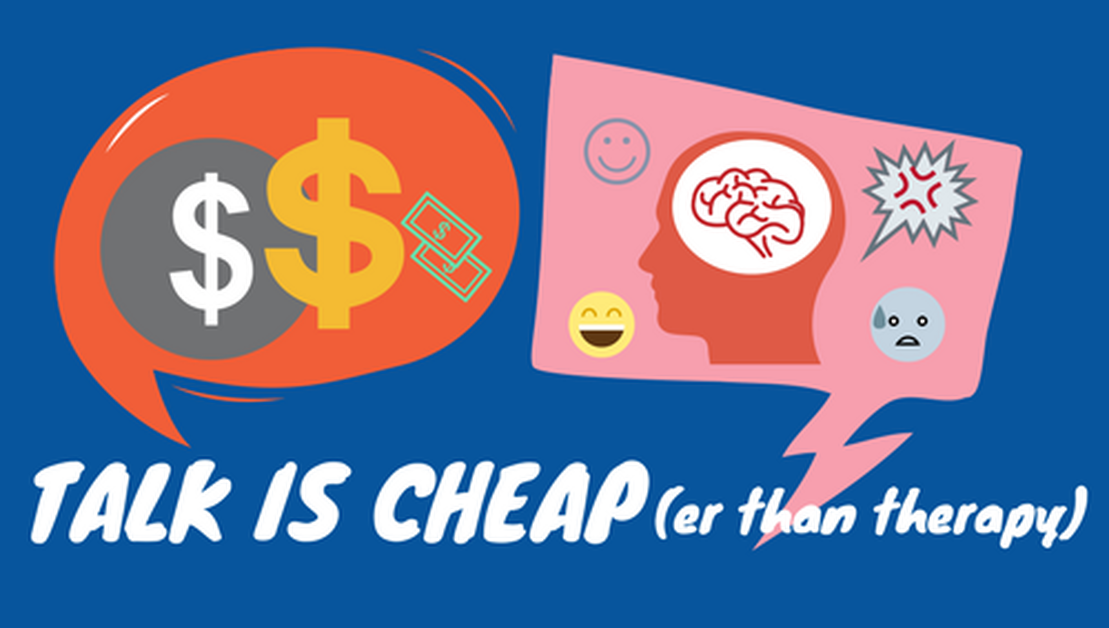

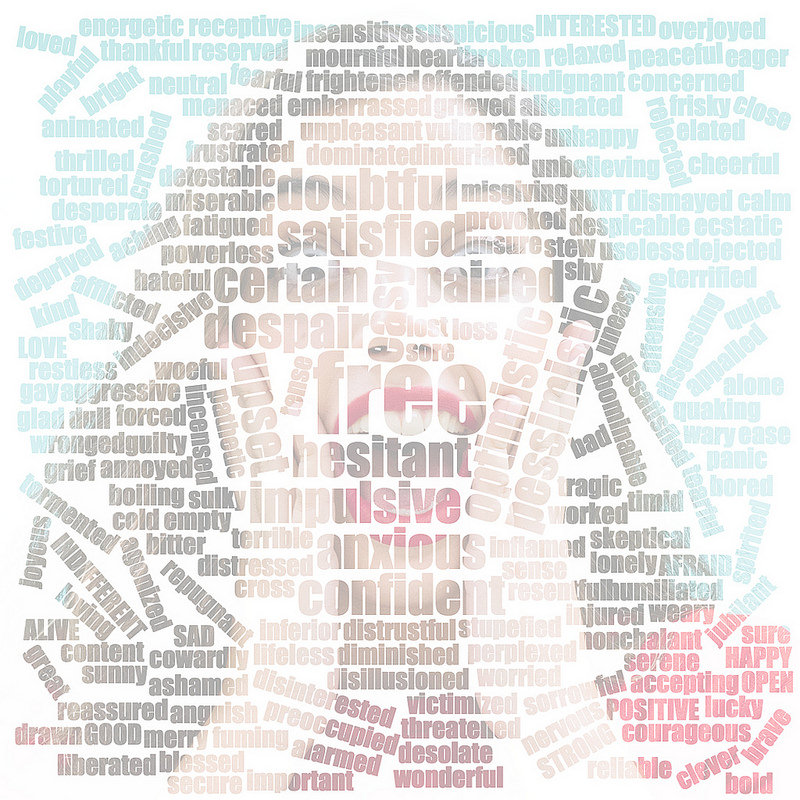









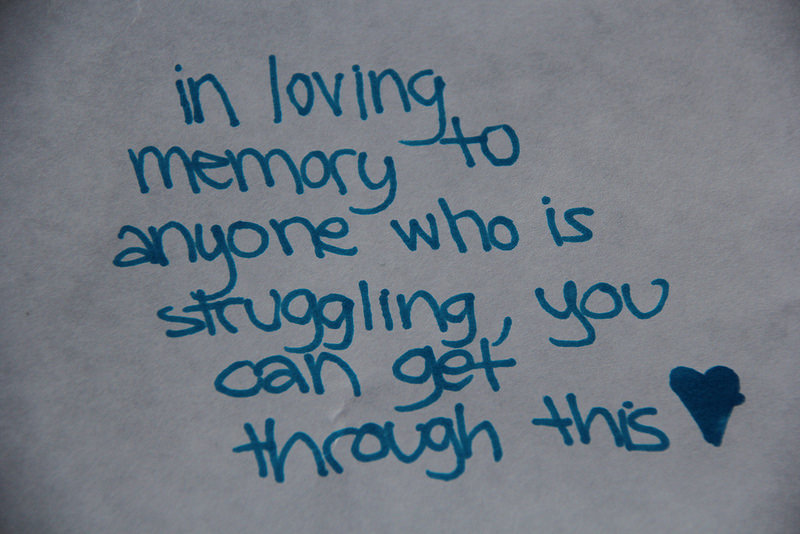
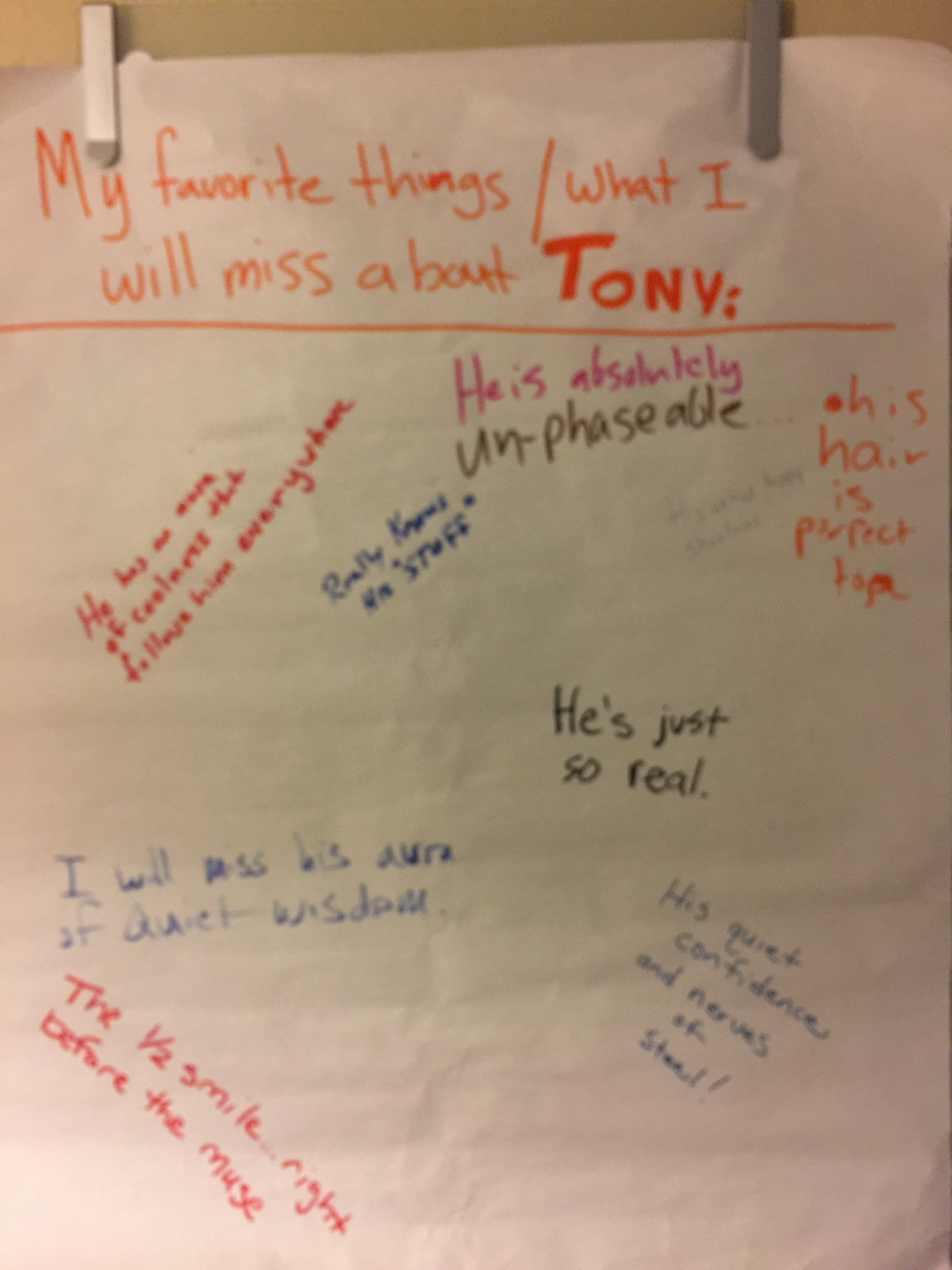
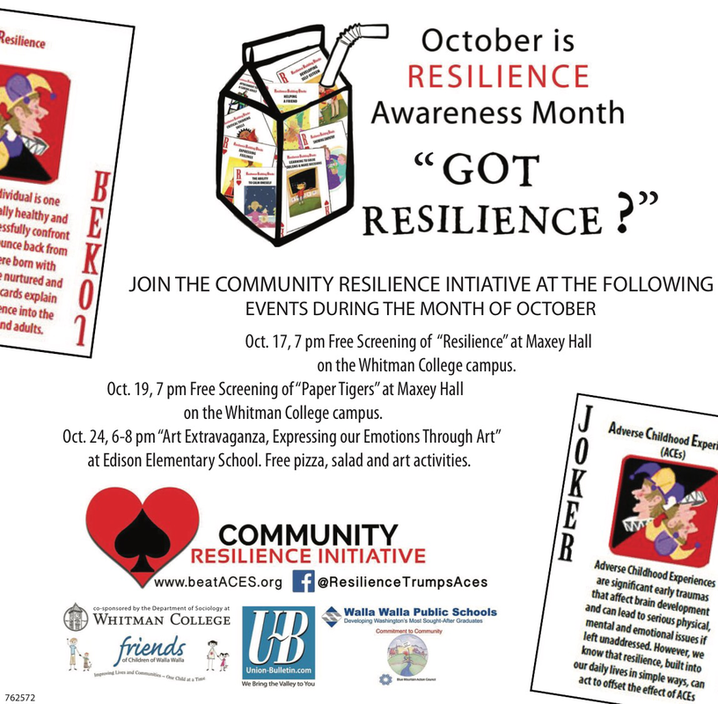

 RSS Feed
RSS Feed
